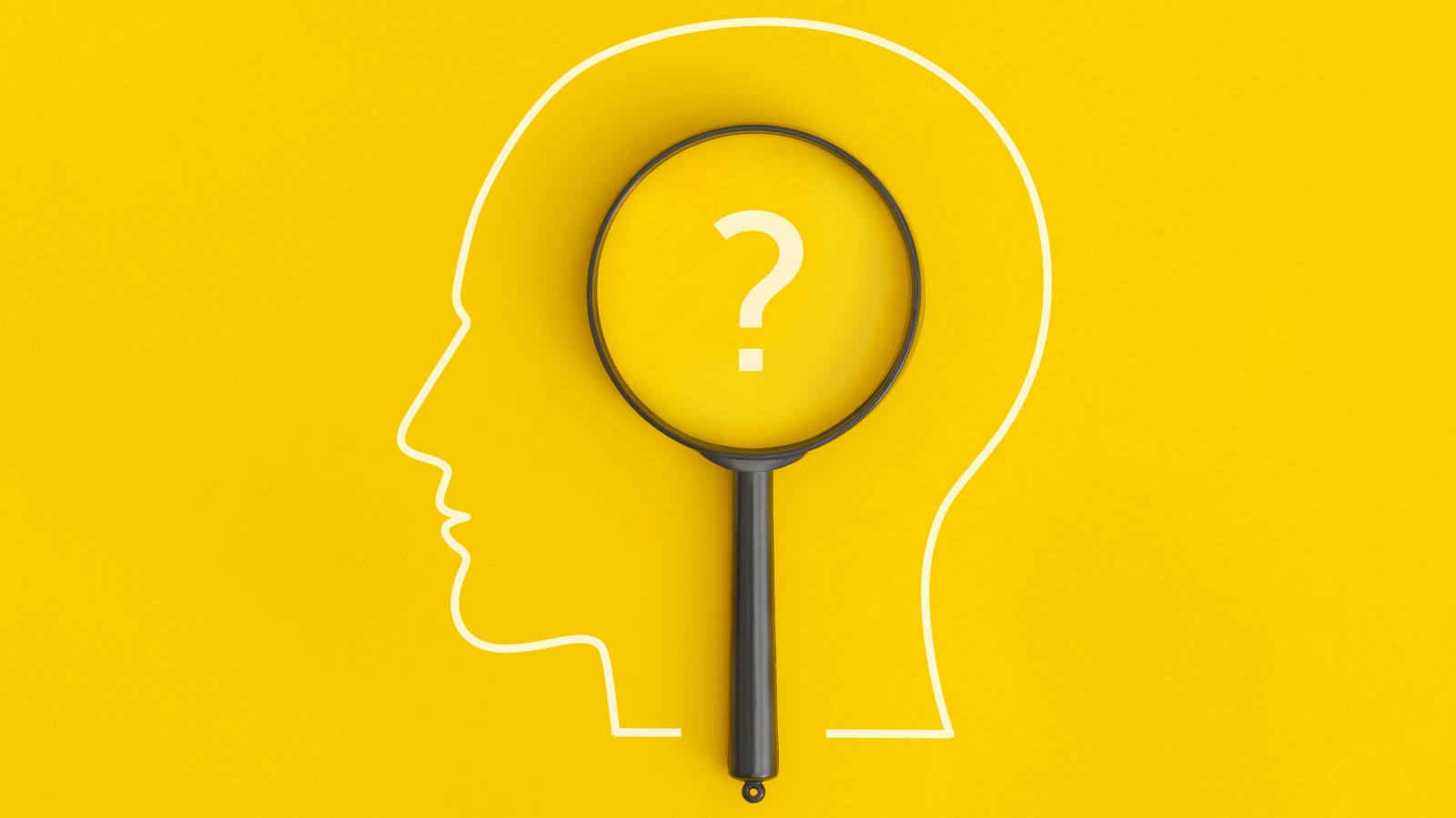How can you describe what it feels like to have difficulty describing what things feel like? That’s the challenge that people with alexithymia face everyday. Alexithymia is a pervasive inability to identify, process, and express emotions. The label was first created in 1972 by Harvard psychiatrist Peter Sifneos, who came up with the name by combining the Greek words, “a” (lacking), “lexis” (word), and “thymos” (emotion). Thus, alexithymia means “lacking words for emotions”.
Alexithymia is not a condition in and of itself, but rather a trait that often accompanies psychiatric conditions. About one in 10 people experiences alexithymia, although, given the complicated nature of the phenomenon, many people with alexithymia do not realize what they are experiencing. Since it is not considered to be a condition, there is no official clinical diagnosis for alexithymia. However, there are still means of testing for it, mainly through questionnaires designed to test one’s ability to describe their emotions, such as the Toronto Alexithymia Scale (TAS-20).
Like most psychiatric conditions, alexithymia is still poorly understood, and researchers aren’t entirely certain what causes it or what can be done about it. It appears to be linked to a number of conditions, including autism, PTSD, and eating disorders, and it also appears that it might be something of a genetic characteristic, meaning you’re more likely to have alexithymia if someone else in your family also does. But before getting too deep into the causes of alexithymia, here are some cues that might help you recognize if you have it too.
The defining features of alexithymia
At its core, alexithymia is a difficulty identifying and processing emotions. People with alexithymia often do not realize it because they simply aren’t aware of their feelings — or lack thereof. This obviously presents a huge challenge in identifying whether or not a person has alexithymia, but there are some cues that may help. One thing to pay attention to are the physical symptoms that accompany emotions. We know that there are strong connections between your mental and physical health, which is why we get gut feelings, and why we feel “hangry.”
People with alexithymia may feel the physical effects of their emotions but not the emotions themselves. For instance, they may have the sweats and racing heart that accompany a panic attack, but not the panic part. They may also find that they have periodic emotional outbursts triggered by small things, which in reality is the culmination of letting unprocessed emotions build up over a long period. Difficulty regulating emotions when they do come up is a hallmark of alexithymia.
Another common feature of people with alexithymia is being hyper focused on external things. Their memories will revolve around external objects, people, and activities, but not how those things made them feel. They may also have difficulty imagining things that are not concrete, or forming fantasies. Interestingly enough, many people with alexithymia have no trouble identifying expressions. They know that a smile signals happiness and a frown signals sadness, but they don’t know what happiness and sadness actually are.
Alexithymia and psychiatric conditions
Alexithymia is closely associated with several psychiatric conditions, particularly autism spectrum disorder (ASD). About half of all autistic people with ASD have alexithymia; however, scientists currently know very little about this relationship. The general consensus is that alexithymia is not caused by autism or vice-versa, but rather that the two tend to occur simultaneously and may both be influenced by genetic factors. Many psychiatrists now believe that several of the most stereotypical symptoms of autism, specifically difficulty with intuiting emotions, are actually a product of alexithymia. Since media stereotypes of autistic characters tend to lean heavily on these traits, autistic people without alexithymia often go unrecognized.
Alexithymia is also associated with a few other psychiatric conditions, including obsessive-compulsive disorder (OCD), eating disorders, and post-traumatic stress disorder (PTSD). There is an especially close correlation between alexithymia and PTSD, with high rates reported in studies of soldiers and Holocaust survivors. Childhood trauma is also one of the top predictors for alexithymia. If a child grows up with abusive or emotionally unavailable parents, they can be conditioned to suppress their feelings at an early age, so that by the time they reach adulthood, they are even hiding their feelings from themselves.

